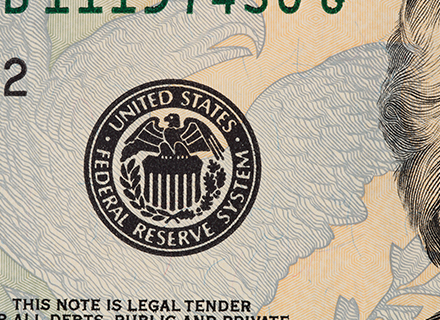The Federal Reserve, on Wednesday, announced the sharpest rise in interest rates in over two decades. The move was a bid to combat the soaring inflation in the US.
There was a 0.5 percentage point increase in interest rates. It is a follow-up to the .25 percentage hike in March, the first hike in rates since December 2018. The Fed has increased the interest rate to a target rate range between .75% and 1%.
The Economist Intelligence Unit predicts interest rates to touch 2.9% by 2023, through seven gradual hikes this year. Officials are also planning to cut down their $9trillion asset portfolio which will further aggravate borrowing costs.
The Federal Reserve pointed out that the war in Ukraine and recent lockdowns in Chinese cities created an atmosphere of uncertainty and a disruption in supply chains.
The US was ill-prepared for these levels of inflation as the rates were nearly zero in March 2020 and interest rates were low for years prior. The Federal Reserve’s claims that the inflation was ‘transitory’ and would correct itself as economies recovered from the pandemic have lost steam.
The Fed Chair Jerome Powell said, “Inflation is much too high, and we understand the hardship it is causing. We are moving expeditiously to bring it back down.”
Inflation is at a 40-year high in The United States and is now 8.5% higher than in 2021. Prices are rising higher than wages, and the average American is facing the brunt.
Jamie Dimon, JP Morgan Chase’s chief executive officer, commented ahead of Powell’s announcement that the Federal Reserve might be too late to act. The Fed’s policy has impacted the housing markets with the fastest rising mortgage rates in two decades (over 2 percentage points). The strict monetary policy has also triggered many stock market selloffs.
Jerome Powell assured us that the US will not go through a recession but will have to tackle inflation aggressively.
“We need to do everything we can to restore stable prices,” he said. “We will do it as quickly and effectively as we can. We think we have a good chance to do it without a significant increase in unemployment or a sharp slowdown. But ultimately, we think about the medium and longer-term, and everyone will be better off if we can get this job done – the sooner, the better.”

